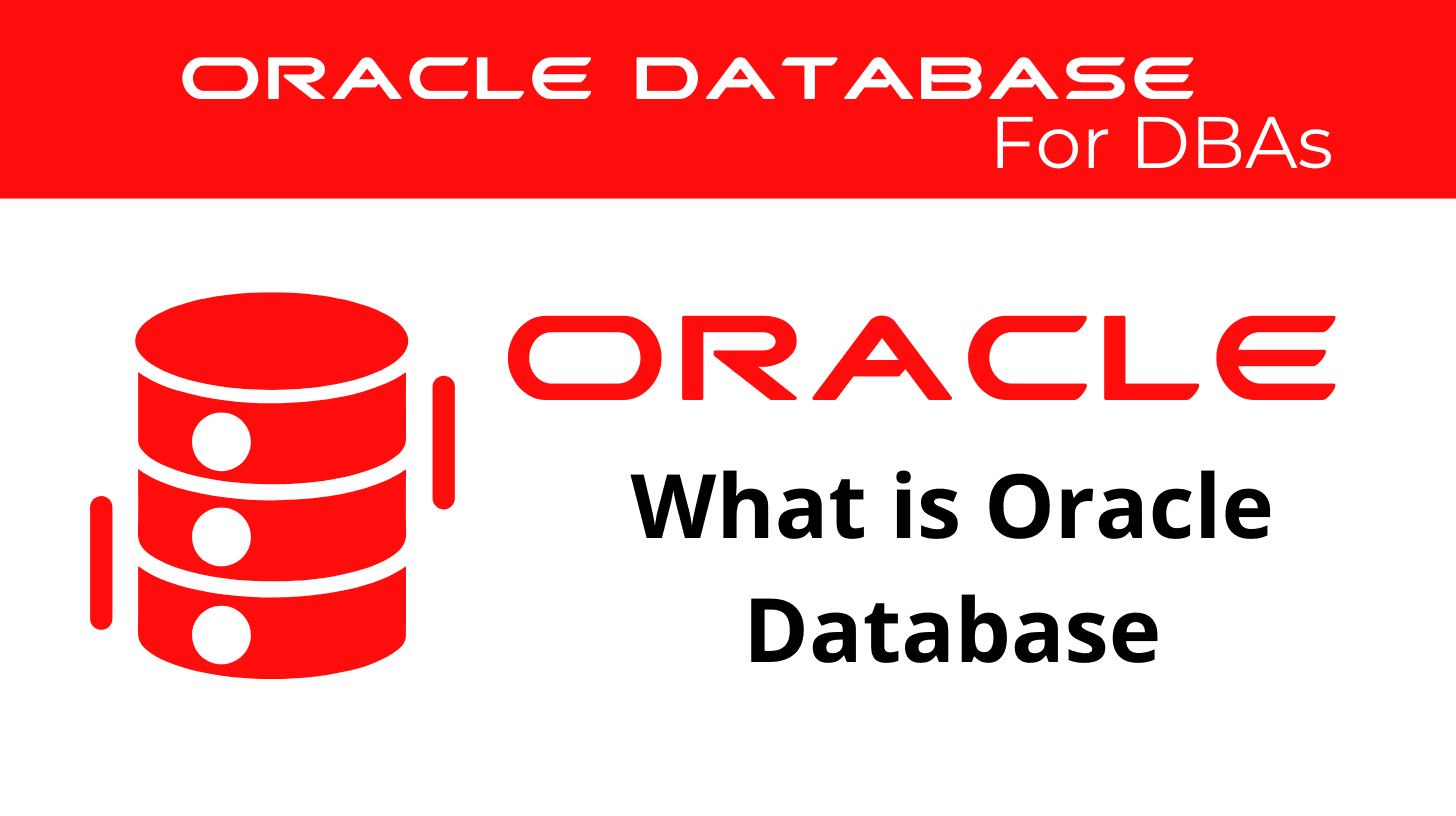
In today’s data-driven world, managing large volumes of data efficiently is crucial for businesses. Oracle DB stands out as a powerful solution for handling this data. In this blog, we will explore what Oracle Database is, its importance, and its dominance in the industry.
An Overview of Oracle DB and Its Importance
Oracle DB, often referred to as Oracle DB, is a robust and scalable relational database management system (RDBMS) developed by Oracle Corporation. It is designed to store, manage, and retrieve large volumes of data efficiently and securely. Oracle supports various types of data models, including relational, object-relational, and others, making it versatile for different business needs.
In other words, Oracle DB is essential for organizations that require reliable and high-performance data management solutions. It enables businesses to handle transactions efficiently, maintain data integrity, and ensure data security. Because of these features, this RDBMS is widely adopted across various industries, including finance, healthcare, retail, and more.
Dominance of Oracle Database and Its Versions
Oracle Database has maintained its dominance in the market due to its continuous innovation and robust features. Over the years, Oracle has released several versions of its database, each bringing new capabilities and enhancements. Some of the notable versions include Oracle 7, Oracle 8i, Oracle 9i, Oracle 10g, Oracle 11g, Oracle 12c, Oracle 18c, Oracle 19c, Oracle 21c, and the latest, Oracle 23c.
These versions have introduced features such as improved performance, enhanced security, better scalability, and support for cloud computing. Therefore, it is evident that Oracle continues to evolve, addressing the ever-changing needs of businesses and staying ahead of its competitors.
See more info on Oracle’s website.
📢 You might also like: History and Evolution of Oracle Database (Category: Oracle Database Admin)
Key Features of Oracle Database
Oracle Database offers a plethora of features that make it a preferred choice for organizations. Some of the key features include:
- High Availability: Oracle ensures high availability of data through features like Real Application Clusters (RAC) and Data Guard.
- Scalability: It can scale up to meet the demands of large-scale applications and can handle massive amounts of data.
- Security: This RDBMS provides robust security features, including advanced encryption, access controls, and auditing capabilities.
- Performance: With its sophisticated optimization techniques, Oracle delivers high performance and efficiency in data processing.
- Cloud Integration: Oracle supports cloud environments, allowing businesses to leverage cloud computing for better flexibility and cost savings.
Practical Applications of Oracle Database
Oracle Database is used in a variety of applications across different sectors. Some practical applications include:
- Banking and Finance: Managing customer accounts, processing transactions, and ensuring compliance with regulatory requirements.
- Healthcare: Storing and managing patient records, facilitating research, and ensuring data privacy.
- Retail: Managing inventory, processing sales transactions, and analyzing customer data for better decision-making.
- Telecommunications: Handling large volumes of call data records and managing customer information.
These examples illustrate how Oracle is integral to the operations of many industries, providing reliable and efficient data management solutions.
Conclusion
In summary, Oracle Database is a powerful and versatile RDBMS that plays a crucial role in managing data for businesses worldwide. Its continuous innovation, robust features, and wide adoption across various industries underscore its importance. Whether you are a seasoned IT professional or someone new to the field, understanding Oracle and its capabilities is invaluable.
Be Oracle certified, this world is full of opportunities for qualified DBAs!





